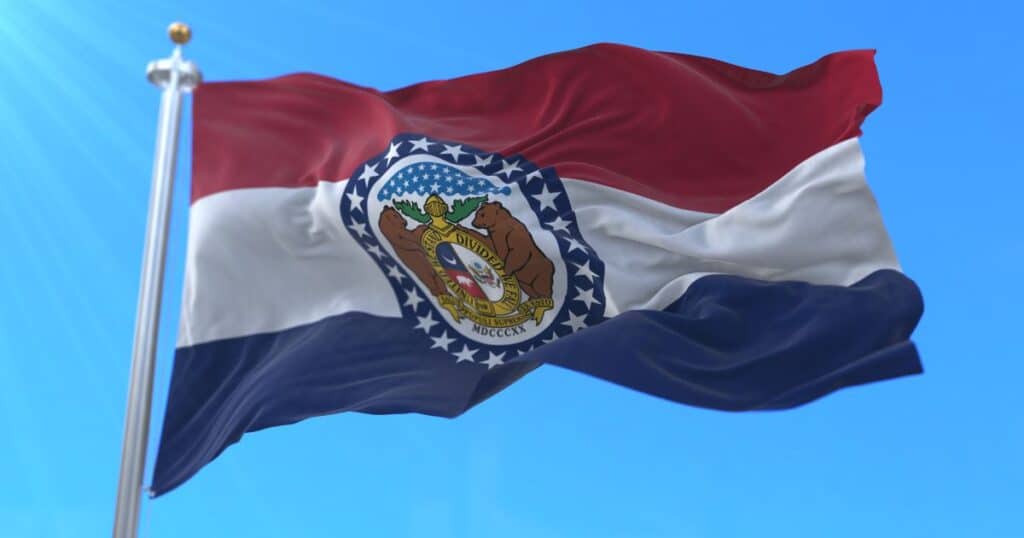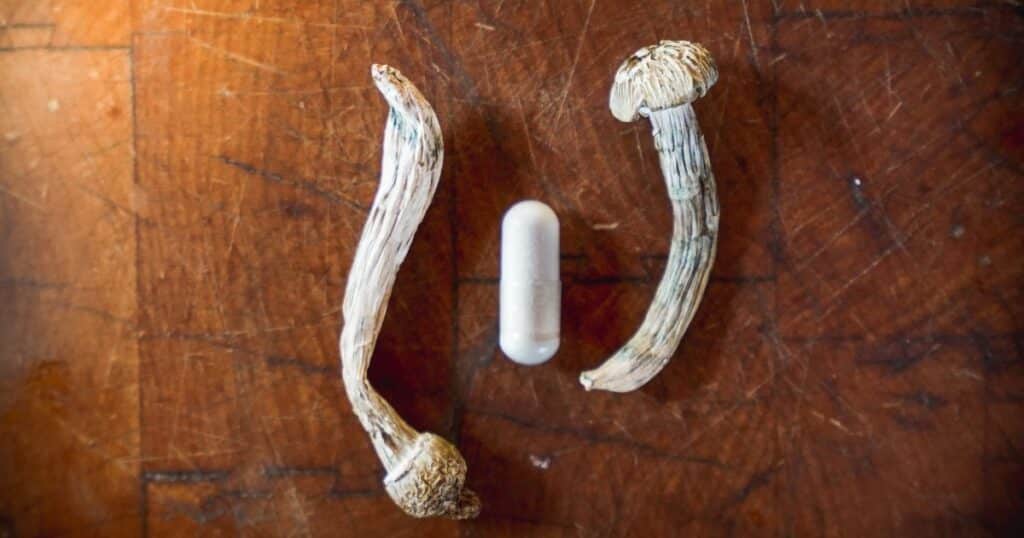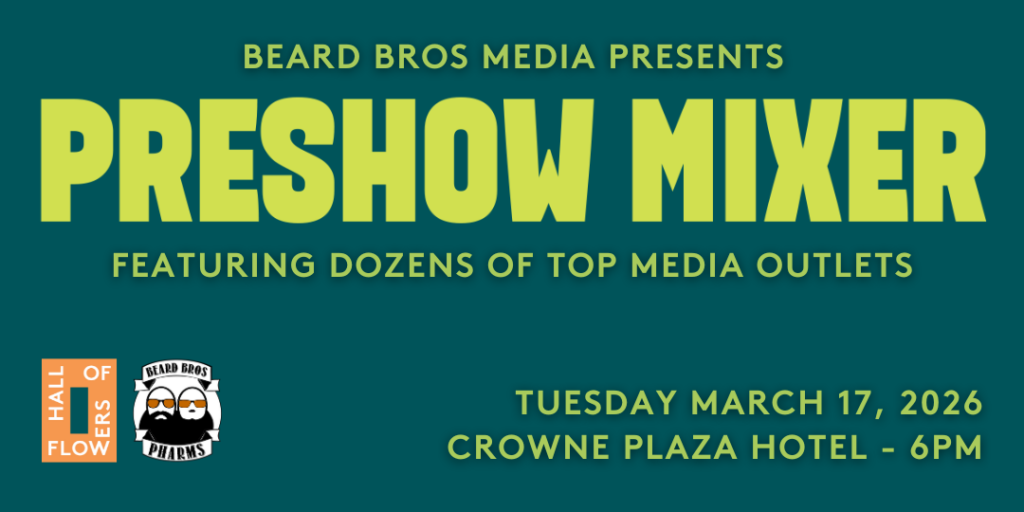The realm of mental health is witnessing a paradigm shift as states across the United States advocate for alternative therapies, turning to substances like psilocybin to aid in the recovery of ailing veterans.
In Missouri, a recent legislative move to allow any person who acquires, uses, produces, possesses, transfers, or administers psilocybin for the person’s own therapeutic use will not be in violation of state or local law and will not be subject to a civil fine, penalty, or sanction, which is a major step towards breaching conventional norms in post-traumatic stress disorder (PTSD) and other specific ailments.

The Missouri House Veterans Committee’s approval of House Bill 1830 last week is a chance for the incorporation of psilocybin therapy into official legislative channels. The bill, if passed into law, will provide legal protection to individuals using or administering psilocybin for therapeutic purposes, exempting them from civil or criminal penalties. The legislation arrives at a time when the need for effective PTSD treatments for veterans is at an all-time high, and conventional interventions often fall short.
The conditions set forth by HB 1830 are stringent yet reflective of conscientious progress. Those eligible for psilocybin therapy under the bill must be at least 21 years of age and diagnosed with qualifying conditions such as PTSD, major depressive disorder, substance use disorders, and end-of-life care.
Most notably, patients must be participating in or have attempted to enroll in a clinical trial involving psilocybin treatment, thereby ensuring structured and monitored rehabilitation. While implementing strict safeguards, the bill redefines our understanding of the role of psychoactive substances in therapy. Psilocybin treatment is limited to a one-year period with a maximum dosage of 150 milligrams. Qualified patients may be permitted to extend treatment for additional one-year periods.
Psilocybin for Mental Well-Being
Psilocybin, the active ingredient in “magic mushrooms,” is no newcomer to the debate on mental health. Emerging research indicates its potential to alleviate symptoms related to depression and PTSD, especially in populations unresponsive to conventional therapies. Studies have underscored psilocybin’s capacity to induce neuroplasticity, enabling new pathways for emotional processing and resilience.
The veteran community, in particular, has emerged as a primary beneficiary of psilocybin-assisted psychotherapy. Its unique ability to facilitate introspection and emotional release aligns with the nuanced needs of individuals grappling with war-induced trauma.
A select number of pioneering clinics have begun offering psilocybin therapy under compassionate use or research settings, yielding encouraging evidence and laying the groundwork for broader, scientifically informed usage.
“This is about saving lives right now the veteran suicide rate is one too many, and in Missouri, it is higher than the national average the studies have shown through the John Hopkins Psychedelic Research Center that is one of the truest most promising fields that shows the reduction of suicidal ideation, depression, and PTSD,” said Rep. Aaron McMullen (R) sponsor of the bill via MSN.
Implementing HB 1830
The implementation strategy for Missouri’s psilocybin therapy legislation has significant implications for the state’s mental health system. Well-defined procedures for clinical trial enrollment, physician referrals, and state oversight are essential for ensuring safety and effectiveness.
Collaborative research studies between the Department of Health and Senior Services and accredited research organizations will play a crucial role in evaluating psilocybin’s therapeutic potential and influencing future policy adjustments as outlined in the bill.
The Department of Health and Senior Services is required to present quarterly progress reports to the Governor, Lieutenant Governor, and the General Assembly and submit a comprehensive report one year after the study’s start.
This report will include study results, recommendations for legislative or regulatory actions, successful clinical practices, safety concerns, and health issues. The Department must safeguard the confidentiality of any personal data collected during the trial. Physicians referring patients to the trial will not face legal consequences, and no state agency can penalize a physician for making such referrals. This legislation mirrors HB 1154 from last year’s session.
Key stakeholders, including mental health advocates, lawmakers, and the veteran community, must engage in ongoing dialogue to fine-tune the processes. Transparency, accessibility, and the equitable distribution of psilocybin therapy will be central tenets in democratizing this novel treatment.
Furthermore, mobilizing resources to educate medical professionals and address the stigma surrounding psychedelic therapy will be vital in realizing the full potential of this legislative stride.

Missouri’s most recent step in a push legalizing psilocybin therapy for embodies a progressive vision for mental health care. It stands as a testament to societal evolution, catalyzing an enlightened approach to holistic healing. The future will likely witness a continuity of such legislative efforts across various states.
The implications of such reform extend beyond individual well-being, permeating healthcare paradigms and policy-making at large. The onus now lies on stakeholders, from policymakers to practitioners and the public, to shepherd this vision into a tangible reality. With due diligence and collective action, the healing potential of psilocybin and other psychedelics may soon be a legitimate and cherished component of our nation’s healthcare fabric.





















